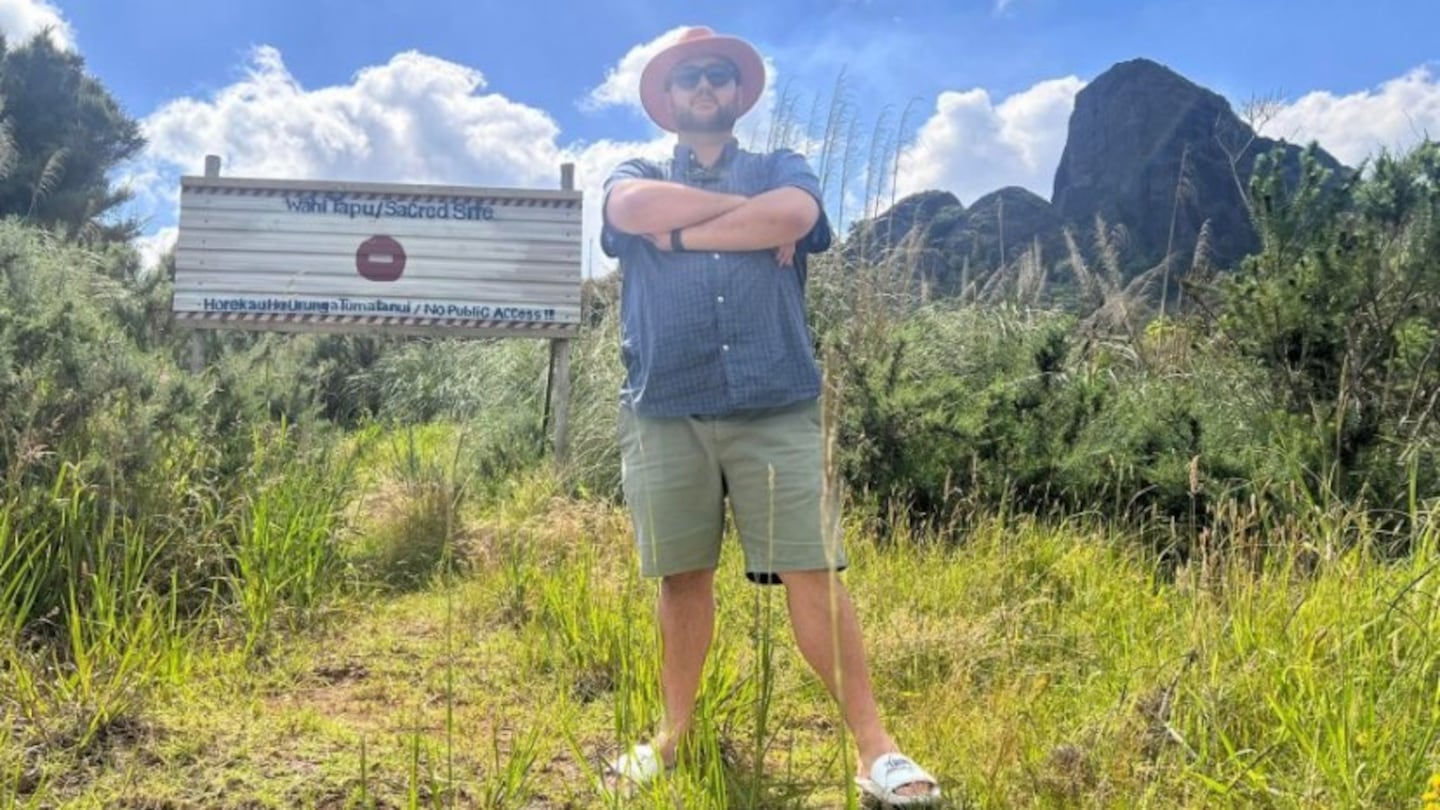Whangaroa iwi are telling travellers to stay off of their tūpuna maunga, Taratara. This comes after reports of tourists visiting the area asking locals to take them up the maunga.
Ngāti Rangimatamomoe & Whangaroa descendent, Raniera Kaio says people often are taken by the beauty of the maunga. “Taratara is beautiful and its mauri can be felt in our rohe. You don’t have to climb our maunga to feel it.”
Kaio says. respecting wāhi tapu (sacred areas) is pretty straightforward. "Hoki Nōta mai i te whakaaro nui" (Come North and use consideration) He says the message from hapū is clear. “Please show respect to our tūpuna who lie here and stay off Taratara."
“By respecting our tūpuna I know they’ll look over you while you enjoy Whangaroa,” Kaio added.
Kaio told Te Ao Māori News that there are clear responsibilities for hapū and ensuring they look after their tūpuna maunga is one of high importance. "He's our tūpuna. It's our responsibility to keep him safe" says Kaio.
Central historical figure
Taratara is significant in Whangaroa and indeed Te Tai Tokerau. It stands with pride just north of the small town of Kaeo. The maunga is a central figure in the history of the area and is the resting place of some of the ancestors of the area.
Beautiful rock structures reach as high as 300 meters above sea level and are covered in native tupu and bush. It is magnificent to the eye and a view that many locals feel deep in their souls.
Wāhi Tapu - Sacred Place
The call from hapū to restrict access to their tūpuna maunga is not a new one. In June 2020 a family who was enjoying the maunga found bones and skulls inside the rocks. They didn't touch them at all instead they alerted police who reached out to the local hapū. The hapū decided then to restrict all access to Taratara to best protect the kōiwi (remains) of their tūpuna.
Kaio says that the hapū have agreed that continued restriction is necessary and the right thing to do as kaitiaki and descendants of the area. “As uri of the tūpuna who rest in the caves of the maunga it’s our job to make sure they are looked after and the tapu of our maunga is maintained. That means saying no to visitors.”

